|
Members of Ethiopia’s Sidama ethnic group are calling for secession and the right to form their own state in the country’s southern region. This presents Prime Minister Abiy Ahmed with a hugely complex legal and political problem, partly because the Constitutional clauses that deal with secession are open to wide interpretation. Yonattan Fessha explains why it’s important to have a negotiated settlement, particularly given the fragile state the country’s in.
There have now been eight consecutive weeks of anti-government protests in Hong Kong. They started in opposition to extradition legislation, which would have seen suspects in the special administrative region sent to mainland China, but have grown into a wider movement calling for the resignation of Carrie Lam, the leader of Hong Kong. Michael Joseph Richardson describes the movement’s evolution.
|
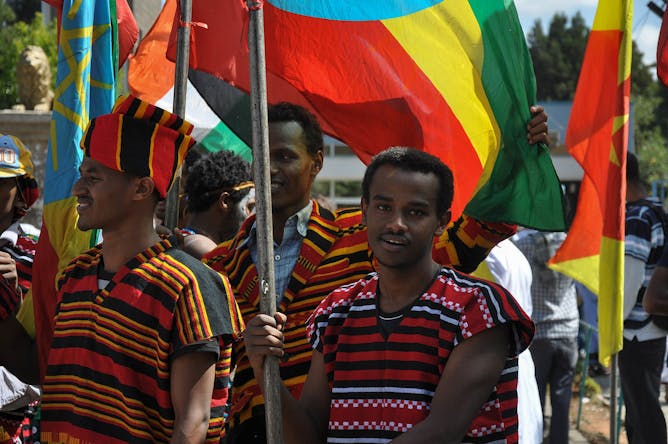
Young men in the traditional attire of southern Ethiopia’s Sidama people.
commons.wikimedia.org
Yonatan Fessha, University of the Western Cape
The already extremely fragile political condition cannot handle any further instability and chaos.
|
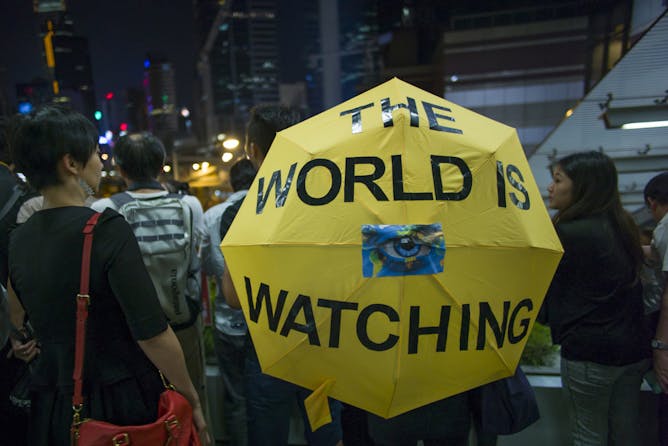
The message: a trademark umbrella during the original 2014 protests.
Shutterstock
Michael Joseph Richardson, Newcastle University
The Umbrella Revolution in Hong Kong is evolving ...
|
Environment + Energy
|

Rob Knell, Queen Mary University of London
New evidence boosts the idea that species with males who compete for mates adapt faster to changing circumstances.
| |
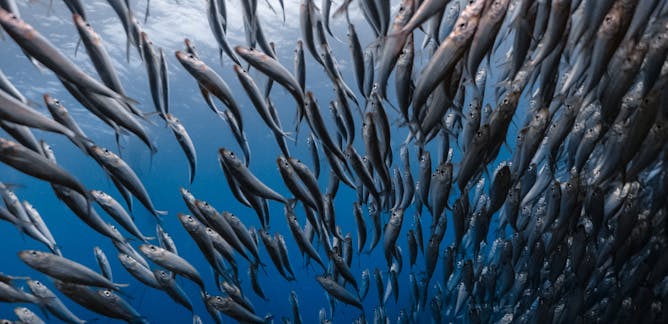
Jennifer Fitchett, University of the Witwatersrand; Stefan Grab, University of the Witwatersrand
South Africa's annual sardine run is occurring increasingly late, and there have been instances where it doesn't happen at all. Here's why.
|
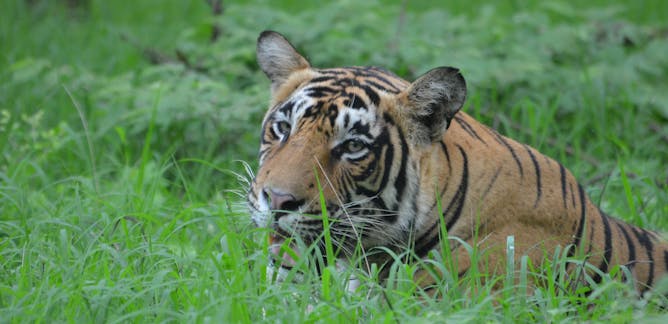
Matt Hayward, University of Newcastle; Joseph K. Bump, University of Minnesota
An exhaustive search involving 44,000 field staff, 318,000 habitat surveys and nearly 35 million photos has revealed India's tiger population is on the rise.
| |
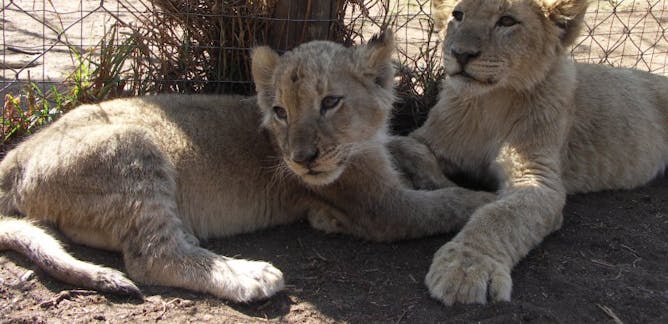
Ross Harvey, University of Cape Town
South Africa has the biggest captive big cat industry in the world and it is largely unregulated.
|
|
|
Politics + Society
|
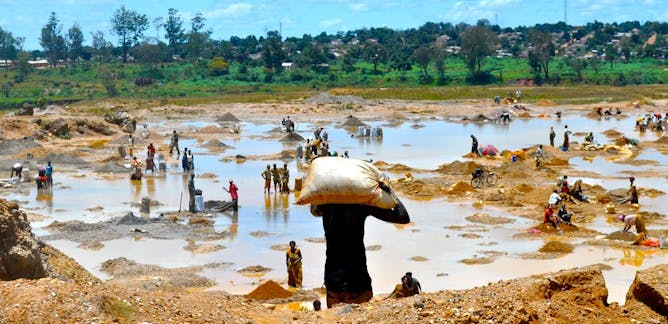
Marijke Verpoorten, University of Antwerp; Nik Stoop, KU Leuven; Peter van der Windt, New York University
Artisanal and industrial mining have a different impact on local conflict in eastern Congo.
| |

Alice Mesnard, City, University of London
To fight the black market, the price of legal cannabis has to be relatively low. But if nothing else is done, the black market will persist.
|
|
|